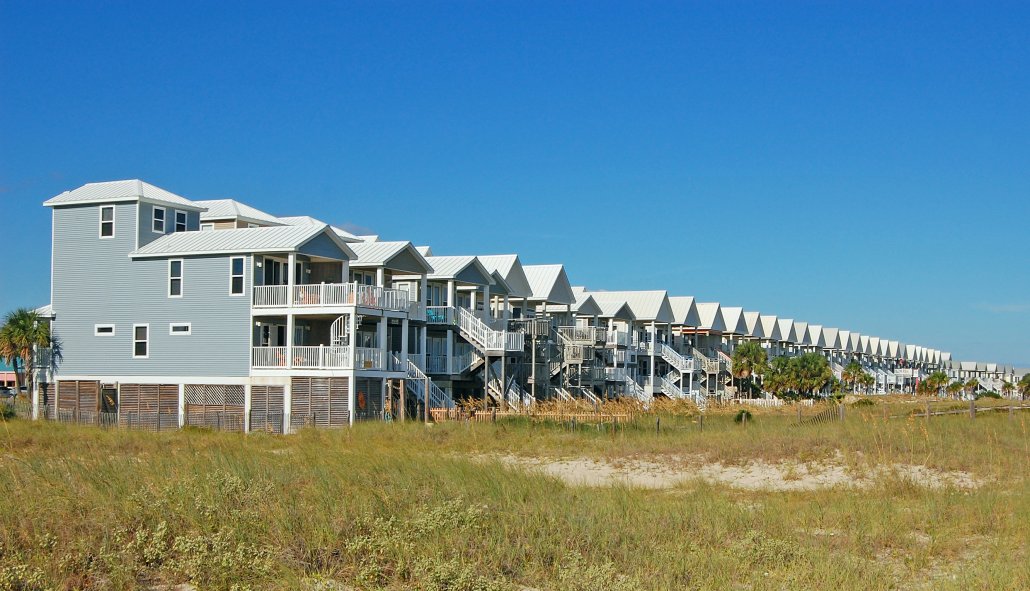When should you lower prices? With coronavirus making forecasting difficult, it’s a question we get a lot. We asked Alex Shartsis, CEO of the dynamic pricing company, Perfect Price, to share his expertise. You can learn more about Perfect Price in the Guesty Marketplace.
The Fundamental Pricing Principle
Something happened with coronavirus that has never happened in vacation rentals before: the uncertainty has resulted in mass confusion around pricing short-term rentals. This may be because of shelter-in-place decrees, travel restrictions or plain old anxiety.
A fundamental principle of pricing is that price doesn’t matter if no one wants what you’re selling. This almost never happens in travel — but it’s happening today. Because of that, traditional pricing strategies have gone out the window.
As the economy returns – slowly – to “normal,” you’ll see traditional demand patterns change. Demand may go up in some places or for some products while it goes down in others. Being very aware of this, reacting to it quickly, and lowering – or raising – prices fast will be key to recovering from the pandemic. Whether you should be lowering prices or not depends on your market and your inventory.
When to Lower Prices
Lowering prices makes sense if — and only if — it increases the chances of getting a stay, and the increased likelihood offsets getting less revenue from that stay. I say “stay” and not “booking” because, depending on your cancellation policies, a booking may never turn into revenue (and might be negative for profitability if you must complete a lot of work in preparation and never get paid).
Normally, a booking is highly likely to lead to a stay, so lowering the price to get bookings when business is slow is a good strategy. But this time period is unique, so you have to think unconventionally. Again, what’s right for you will really depend on your market and your inventory.

Market Considerations
Some markets may be able to support high prices — possibly higher than normal. Local, drive-to markets like the Gulf Coast, Wisconsin lake counties, Sonoma or Tahoe, to name a few examples, could see an influx of guests as travelers shift from air travel to a vacation they can drive to domestically. Even though incomes may be down and consumer confidence low, demand may turn out to be strong.
Other markets may have to heavily discount to secure stays. These markets usually involve flights. Some flight paths are inexpensive now, and so the lower price might entice people who wouldn’t have previously flown to seize the opportunity. Managers in these markets would be wise to lower prices early because air travel usually requires advance planning.
Competition in your market will also have a big impact on what you’re able to do. Settling for a lower price is a win if your inventory is pretty typical, most of your competition has lowered their prices and bookings are slower even in the best of times. Conversely if inventory is extremely tight, and demand is still likely strong enough to fill it, there’s no need to settle for a lower price.
Inventory Considerations
Your properties will have an impact on the kind of demand you see. It’s likely that many will travel in small groups and want to avoid traditional hotel stays where there might be increased chances of exposure in common areas. However, the baby-boomer generation, despite their luxury tastes and disposable income that can allow them to pay for multigenerational holidays, may be less likely to return to air travel (or possibly any travel) as quickly as they fall into a higher risk group.
Look carefully at booking patterns where your properties are located as restrictions ease and keep a close eye on what others in your markets are doing. If booking pace remains very slow with lots of vacancy, then lowering prices makes sense.

When Not to Lower the Price
It may sound obvious, but if lowered prices are unlikely to increase chances for bookings, it might make more sense to leave prices as they are. For example, if there is no demand, and you have unique or distinctive properties, you may still get last-minute bookings from repeat guests or others who were wary of planning ahead. These people value the experience they had at your property in the past and would likely book regardless of price.
Another reason not to lower the price is if you have customers who already paid full price, for example, if your 2020 season was booked well in advance in 2019 prior to COVID-19. Here you could end up with a loyal customer paying more than a last-minute deal-seeker, and that could really hurt your reputation and relationships with your best customers. It’s better to forego the additional money from last-minute deal-seekers than to anger your loyal base.
Another consideration is that lowering the price can be a mistake if it means attracting a different type of clientele. Keep in mind that the market is very different now, and the price point where undesirable guests start to book may be much lower than previously.
And of course if you’ve already lowered the price to a point where your owners are hardly making a profit, then it may not be worth lowering it further. In fact, it may be worth considering raising prices if there’s still a chance of getting a booking (to increase net profit).
The Biggest Pricing Risk
Many property managers are having a hard time letting go of their “normal” prices. I urge you to quickly forget your normal prices as these are not normal times. Experiment with different prices, and if you’re in a market where travelers don’t have to fly, don’t be caught off guard by last-minute bookings.
Considerations Other Than Price
Marketing is all about creating demand for what you have. Traditionally, vacation rental demand has always been strong; Airbnb, Vrbo and others shoulder the responsibility of getting more travelers to consider “alternative accommodation.” But given today’s circumstances, you need to consider your own resources: a direct booking site, using your email list, contacting your repeat customers, and overall, assuring potential guests in all your communications that the product you’re advertising is safe and clean.
The Key Takeaway
Pricing doesn’t matter if no one wants to buy what you’re selling. In some markets that’s become the norm – people have been at home for months now. Eventually that will pass, and the question then becomes: in your market with your product, will you attract more stays if you lower the price? For some markets where air travel is required and inventory isn’t unique, you may need to lower the price substantially. But for other markets, you might be able to hold out for higher prices booked at the last minute. Stay in tune with your market, your competition and your customers to make the best decisions for your business.
About Perfect Price
Perfect Price is the leading provider of AI-powered Dynamic Pricing for Vacation Rentals. Seamlessly integrated with Guesty, Perfect Price gives property managers enterprise grade intelligence, transparency and control over their pricing.





